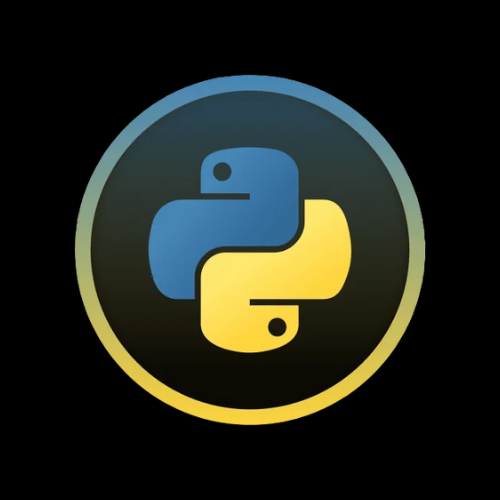In the C programming language, variables are used to store and manipulate data. Variables have a specific data type, a name, and a value. Here's a detailed explanation of C language variables:
1. Data Types:
C provides several data types to define variables. Common data types include int, float, double, char, short, long, and custom user-defined data types via struct and enum.
int age = 25; // Integer variable
float price = 12.99; // Floating-point variable
char grade = 'A'; // Character variable
2. Variable Declaration:
Variables must be declared before they are used. The declaration specifies the data type and the variable's name.
int count; // Declaration of an integer variable
double temperature; // Declaration of a double variable
char initial; // Declaration of a character variable
3. Variable Initialization:
Variables can be initialized (given an initial value) at the time of declaration or later.
int x = 10; // Declaration and initialization in one step
double pi = 3.14159; // Declaration and initialization
char symbol; // Declaration
symbol = 'A'; // Initialization later
4. Scope:
Variables have a scope that defines where they are accessible in the program. Local variables are declared within a function and are only accessible within that function. Global variables are declared outside any function and are accessible throughout the program.
int globalVar; // Global variable
int main() {
int localVar; // Local variable
// ...
return 0;
}
5. Lifetime:
Variables also have a lifetime, which is the duration they exist in memory. Local variables typically have a shorter lifetime and are created when a function is called and destroyed when it exits. Global variables exist throughout the program's execution.
6. Constants:
In addition to variables, C allows you to define constants, which are values that cannot be changed after initialization. Constants can be defined using the const keyword or preprocessor #define directives.
const int MAX_VALUE = 100; // Constant using 'const'
#define PI 3.14159 // Constant using 'define'
7. Variable Names:
Variable names in C are case-sensitive and must start with a letter (a-z or A-Z) or an underscore (_) character. Following characters can be letters, digits (0-9), or underscores. Variable names should be meaningful and follow a consistent naming convention (e.g., camelCase, snake_case).
int studentCount; // Example of camelCase naming
double average_score; // Example of snake_case naming
8. Type Modifiers:
C allows type modifiers to specify the size or sign of variables. For example, unsigned to represent only non-negative integers.
unsigned int positiveNumber = 42;
9. Type Casting:
Type casting allows you to convert a variable from one data type to another.
int x = 10;
double y = (double)x; // Casting integer 'x' to a double
Variables are a fundamental concept in C, and understanding data types, scoping rules, and naming conventions is crucial for writing effective and maintainable C programs.



